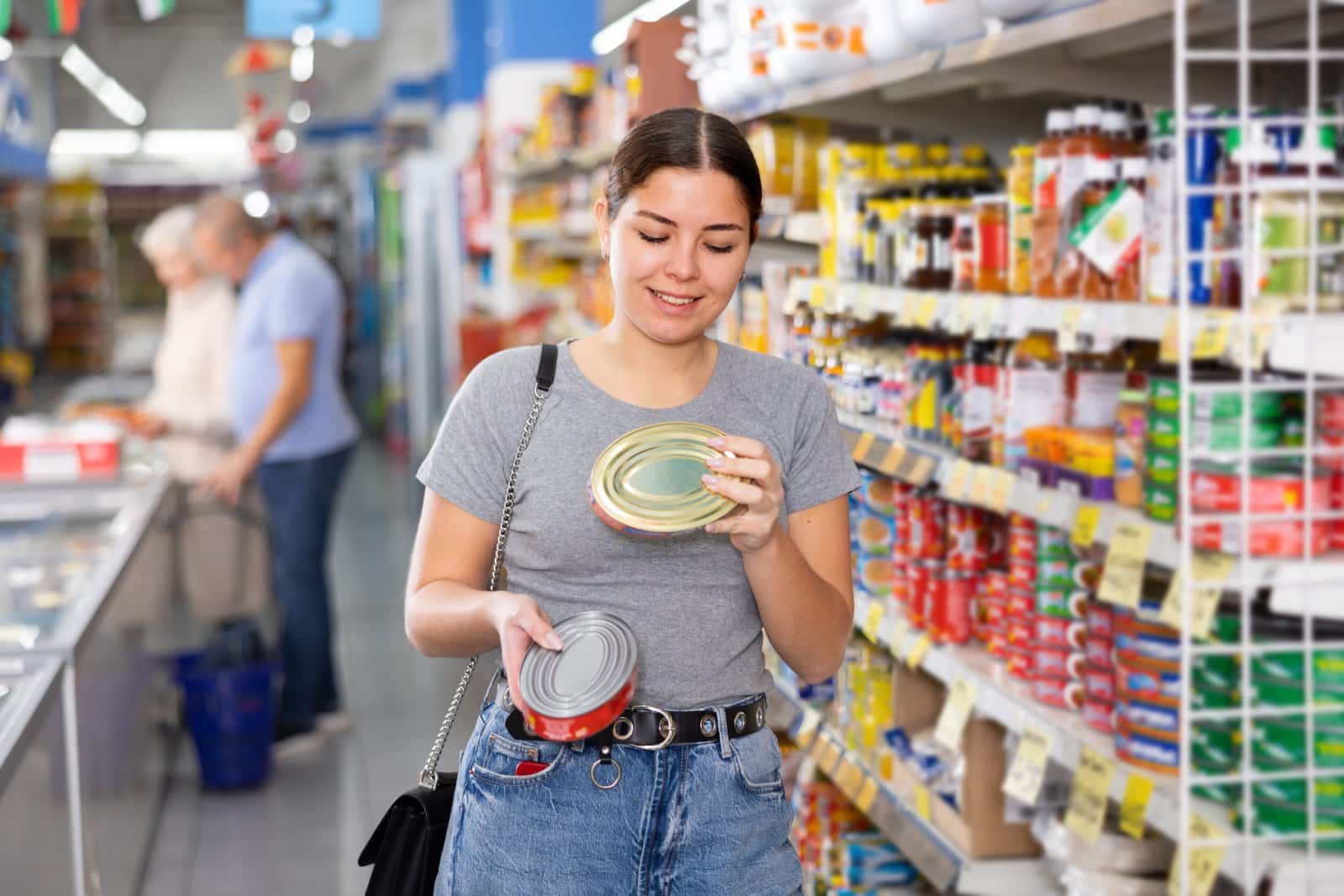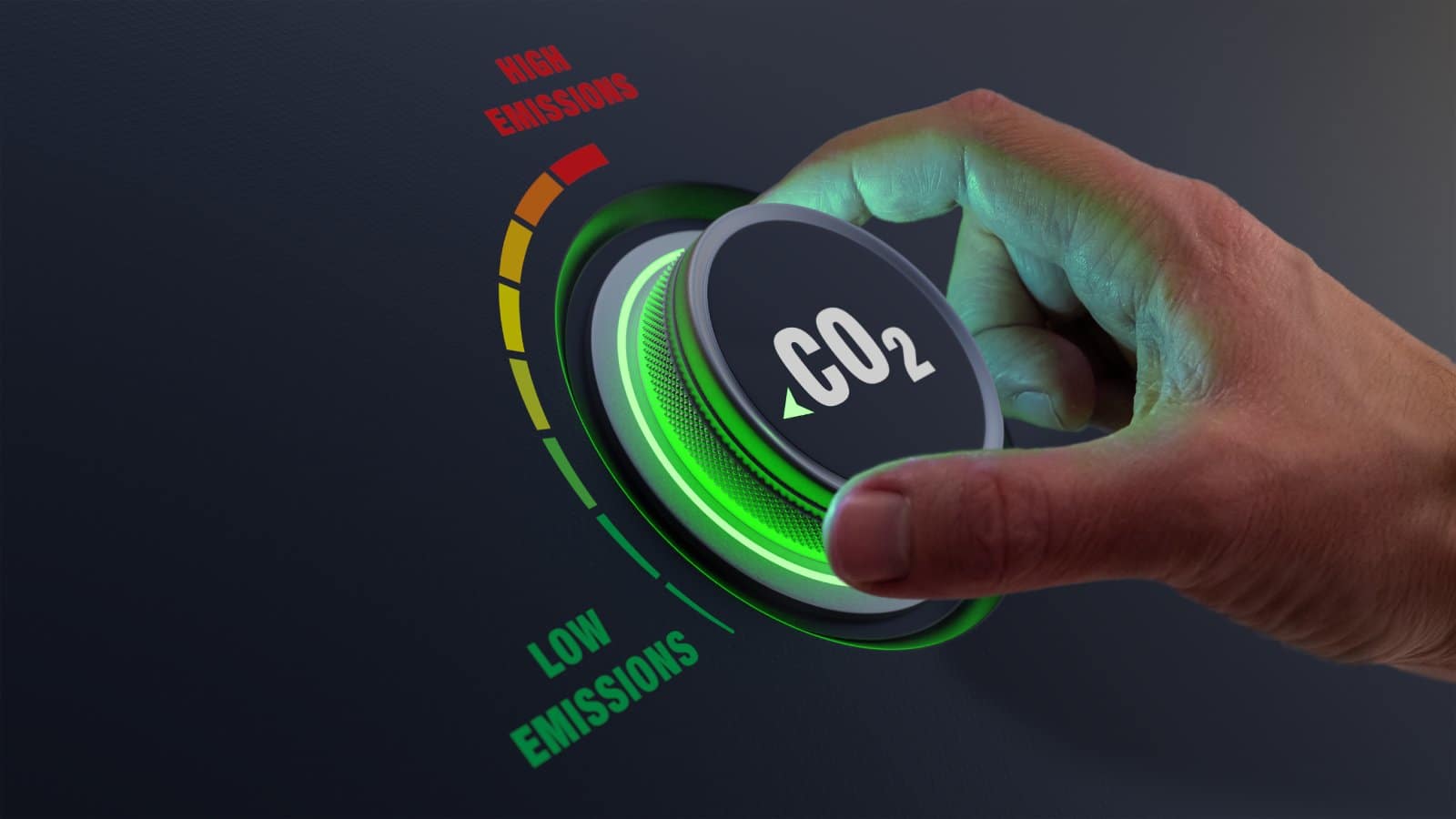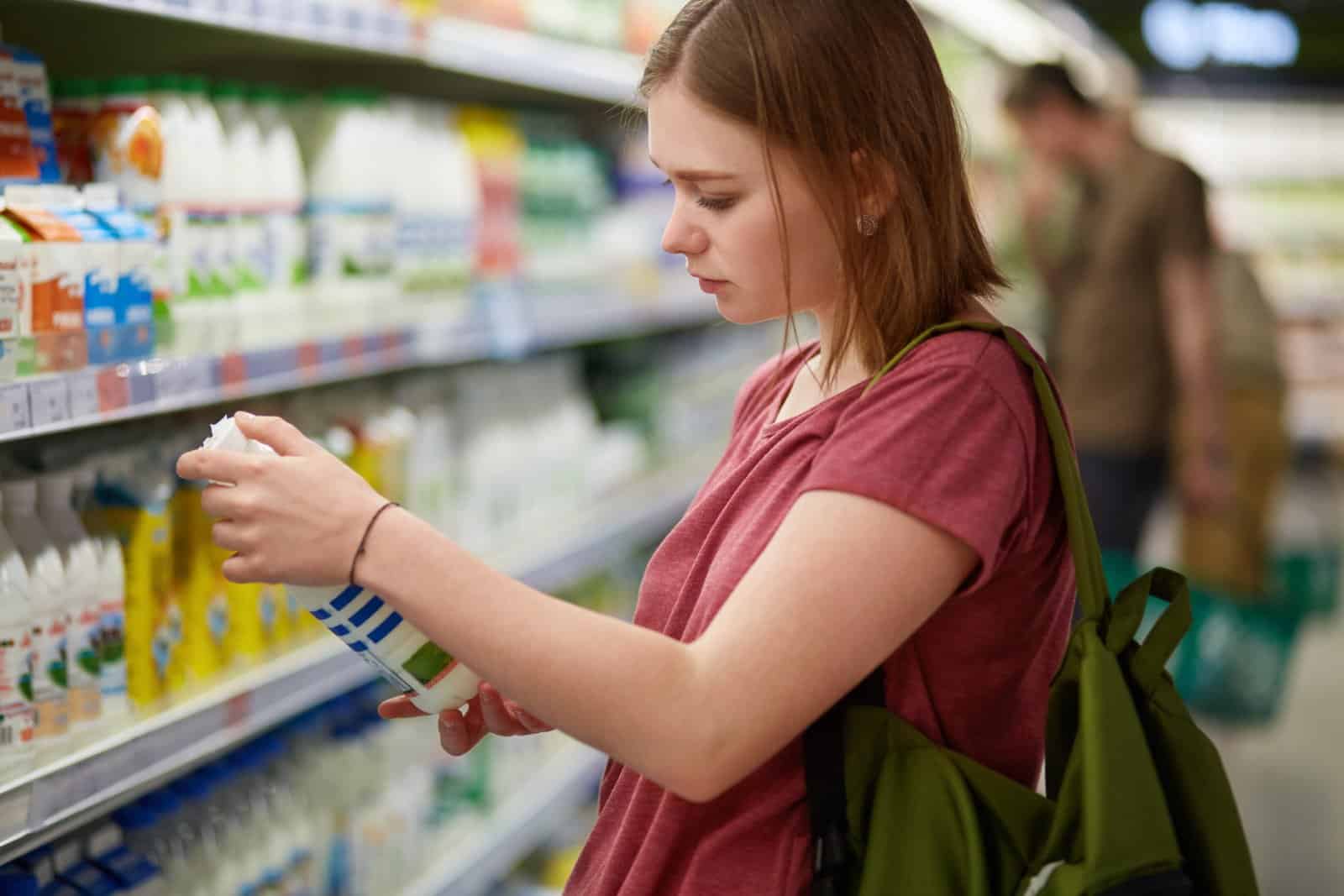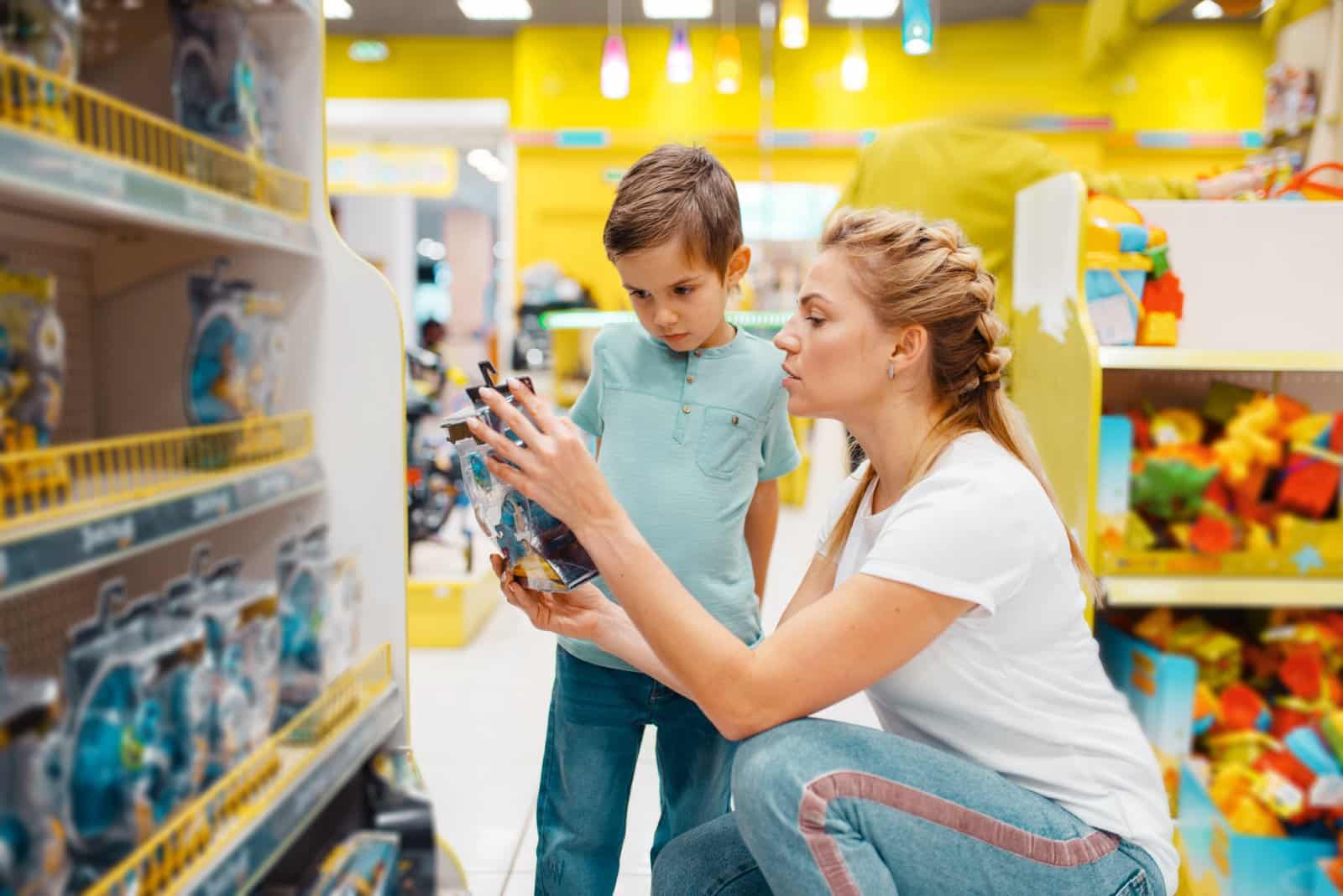Ever get the feeling that some “green” products are too good to be true? You might be right. Companies are getting cleverer at making their products seem eco-friendly when they’re not. Here are 20 outrageous ways they greenwash their products and mislead consumers.
1. Vague Claims

Companies use terms like “natural,” “eco-friendly,” or “green” without any proof or certification to back them up. It’s all about making you feel good without delivering real benefits.
2. Hidden Trade-Offs

A product might have one green feature, like being made from recycled materials, but it could be produced in a factory that pollutes heavily.
3. Irrelevant Labels

Slapping on labels like “CFC-free” on products that never contained CFCs to begin with. It’s like bragging about something they should be doing anyway.
4. Misleading Packaging

Green colors and nature imagery on packaging can give the illusion of sustainability. Don’t be fooled by appearances alone.
5. Fake Certifications

Creating their own “certifications” that look official but mean nothing. These are just marketing tools to trick you into trusting their product.
6. Overstating Benefits

Claiming that a small eco-friendly change, like using 5% less plastic, makes a huge environmental impact. The reality is often far less impressive.
7. Distracting with Irrelevant Information

Highlighting one tiny green aspect to distract from the larger environmental harm caused by the product. It’s a classic misdirection tactic.
8. Biodegradable but Not Really

Saying a product is biodegradable, but only under industrial conditions not typically found in your backyard compost bin.
9. Renewable Energy Claims

Promoting that their product is made using renewable energy, but not mentioning that it’s only a tiny fraction of their overall energy use.
10. Carbon Offsetting

Claiming to be carbon neutral because they buy offsets, which often don’t compensate for the real environmental damage they’re causing.
11. Limited Green Products

Offering a small line of eco-friendly products to improve the brand’s overall image, while the majority of their offerings are far from green.
12. Short-Term Solutions

Promoting products that are eco-friendly only in the short term, like compostable items that take years to break down.
13. Made from Recycled Materials

Using a very small percentage of recycled materials but marketing the entire product as green.
14. Energy-Efficient Lies

Claiming products are energy-efficient without standard tests or certifications to prove it. It’s all about looking good without the substance.
15. Natural Ingredients

Using the term “natural” for ingredients that are only minimally processed but could still be harmful.
16. Green Image Advertising

Running ads that show pristine nature scenes and happy animals to create an association with environmental friendliness, even if the product isn’t.
17. Omitting Information

Leaving out critical information about the environmental impact of a product, such as harmful chemicals or waste produced during manufacturing.
18. Sustainable Resources

Claiming their product is made from sustainable resources when the sourcing practices are questionable at best.
19. Recyclable Claims

Saying a product is recyclable when the infrastructure to actually recycle it doesn’t exist in most places.
20. Over-packaging

Wrapping “eco-friendly” products in excessive amounts of plastic and non-recyclable materials, defeating the purpose entirely.
Don’t Fall for the Hype

Next time you see a product boasting its green credentials, take a closer look. Do your research, read the fine print, and don’t let companies fool you with their greenwashing tactics. Your wallet and the planet will thank you.
Remote No More: 19 Companies Returning to the Office

As the pandemic wanes, companies are recalling remote workers back to the office, sparking debates on fairness, costs, and convenience. However, there are also notable productivity, coworking, and mental health benefits to consider. Feeling the effects of these changes? Remote No More: 19 Companies Returning to the Office
8 Costco Must Buys and 8 to Leave Behind

Ever wandered Costco’s aisles, questioning if that giant jar of pickles is a real bargain? Or debated buying tires where you get your rotisserie chicken? Welcome to the definitive guide to Costco shopping—a journey to save money, prevent regrets, and offer quirky insights into bulk buying. 8 Costco Must Buys and 8 to Leave Behind
23 Reasons Texas Is the Next Big Thing

Texas is becoming a beacon of opportunity, blending cultural heritage with economic growth. From its landscapes to its industries, the Lone Star State offers a dynamic lifestyle. Here are 23 reasons why Texas stands out, attracting entrepreneurs, artists, tech professionals, and families seeking new beginnings. 23 Reasons Texas Is the Next Big Thing
15 Top Sites to Sell Your Unwanted Goods Besides Craigslist

Selling your unwanted items can declutter your space and boost your income. While Craigslist is popular, there are many alternatives with unique features and wider audiences. Explore these 15 Craigslist alternatives for selling everything from furniture to electronics, finding the perfect platform to turn clutter into cash. 15 Top Sites to Sell Your Unwanted Goods Besides Craigslist
Work from Anywhere: 19 Companies Still Supporting Remote Work

Tired of commuting and craving work flexibility? You’re not alone. Many companies now offer remote work, benefiting both employees and employers. Ever wondered how this shift could enhance your work-life balance? Work from Anywhere: 19 Companies Still Supporting Remote Work
The post – 20 Outrageous Ways Companies Greenwash Their Products – first appeared on Career Step Up.
Featured Image Credit: Shutterstock / PeopleImages.com – Yuri A.
The content of this article is for informational purposes only and does not constitute or replace professional financial advice.
For transparency, this content was partly developed with AI assistance and carefully curated by an experienced editor to be informative and ensure accuracy.

